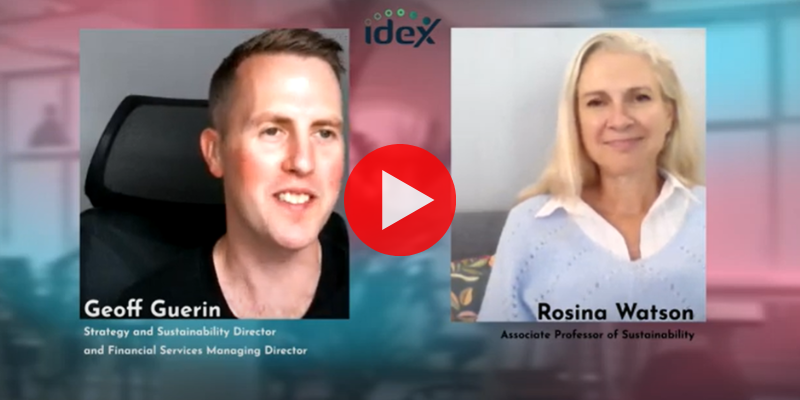The business case for sustainability has never been stronger. Over the past several years, many companies have taken a voluntary approach to sustainability, with many considering it mainly private sector-led, pushed and enabled by the government. However as various macro-economic factors worsen, especially those concerning climate change, human rights, education and training, and wellbeing, more sustainable focused regulation has been put in place to protect communities and drive economic growth.
Customers, investors and employees are demanding more action from businesses across all sectors, choosing to vote with their wallets and feet. As businesses grapple with this, plus changing industry specific policies and potential litigation, they need to think ahead. This means making fundamental operating model changes, identifying risks and opportunities quickly, and taking decisive action. Slow-to-respond corporates will fail to survive in this re-shaped economy.
From our research and survey where we invited thousands of employers, employees and investors to share their thoughts on sustainability, data shows that:
It attracts new talent - 89% of employers said sustainable businesses are more likely to attract top talent. Over half of respondents reported that if they were looking for a new job, they would choose a sustainable company. A global survey by the IBM Institute for Business Value (IBV) stated that more than two-thirds of respondents were more likely to apply for and accept jobs with environmentally and socially responsible organisations and nearly half surveyed would accept a lower salary (CSR Journal).
Employees expect purpose - 87% of employees said they would working for a sustainable business is important to them. Furthermore, the 2025 Edelman Trust Barometer reveals that “63% of employees worry about automation and globalization impacting their future” (2025 Edelman Trust Barometer: Trust and the crisis of grievance). Research shows that employers who focused on embedding sustainability into their culture gave employees a sense of security, and inspired loyalty and engagement. From a 2025 survey of over 20,000 respondents across more than 20 countries, Deloitte reported that a third of employees say employers are not doing enough to address climate change and sustainability (ESG today: Nearly two thirds of employees say employers not doing enough).
Investors value transparency - 69% of UK investors consider it as a key factor when investing in a business. The 2024 Transparency Index highlights how companies with strong ESG disclosures build stronger trust and attract more capital (The Transparency Index 2024: Why transparency matters).
Ensuring your business has sustainable practices and commitments is key to future success. We interviewed Dr Rosina Watson, Associate Professor of Sustainability at the Cranfield School of Management, to understand how businesses can practically implement sustainability and enhance their technical and management skills to build core competencies to drive positive change.
.png)
In our video interview Rosina shares key advice on:
How to create an effective sustainability strategy
The United Nations sustainability framework and how to use it appropriately
How businesses are regulated on their sustainability targets and what is mandatory to report on
Green washing and how to avoid it
How businesses can prepare for future sustainability challenges
How you can use your sustainable practices to attract top talent, clients and investors
If you have any questions regarding the content or would like support with your sustainability practices please contact Geoff Guerin, Strategy and Sustainability Director, and Financial Services Managing Director.


.png)

.png)



.png)